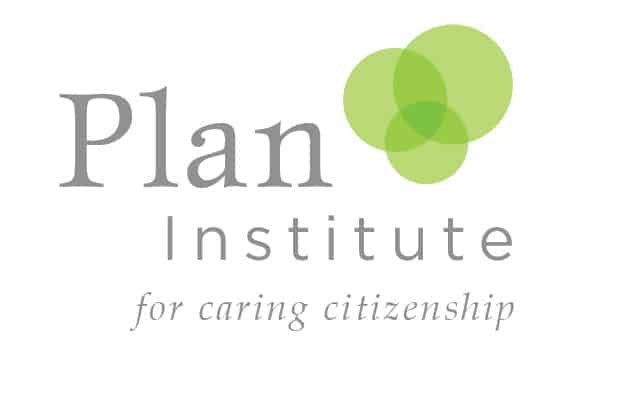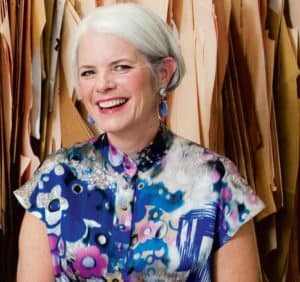Impact Ability Part 6 with Donna Thomson – Recap
Justice for people with disabilities and their families is not something we can achieve on our own. We must bring a diverse group or people to the table, including government. Advocating with empathy proposes that we stop poisoning the political ecosystem, put aside tactics of blame and criticism and become solution-based advocates.
Donna Thomson, disability activist, advocate, caregiver and author, has been using solution-based advocacy even since her son Nicolas was born with severe disabilities with 1988. She joined us for the Impact-Ability Webinar on January 24, to discuss how we can advocate with empathy and bring change to the causes that affect us and the ones we love.
Advocating with empathy involves two mutually supportive objectives: proposing solutions while strengthening relationships with all the players, supporters and potential allies inside and outside the political system. This has the benefit of improving government’s ongoing capacity to be responsive to our challenges.
It’s a two-way street
One might assume that advocacy means you are going into a situation with a need, but Donna explains that by approaching the situation as also having something important to give is key to success. When Donna approaches her advocacy work she thinks “How can I help you achieve your priorities?” A carefully planned process of gathering all info about the current realities that all stakeholders of your issue are working under will help you figure out how you can fill the gap and find a way to offer your ask as a solution. By offering something that will also be of benefit to the other party it becomes a two-way street.
Relationships are key
Ask people questions about themselves, find commonalities and nurture friendships. “Be a good host and a nurturing watchful mother,” says Donna. “If someone is looking for a tissue I reach into my purse and offer them one.” This kind of mindset makes you a caregiver to the people you’re advocating to and with and helps to build trusting, lasting relationships. In his latest blog post, Al Etmanski talks about how people involved in the family movement are in it for life, so the connections and relationships we build along the way will be important to our ongoing work. “Chances are [we] will be engaged with the same people and the same departments more than once or twice. That makes it even more important to pay attention to their individual and collective reputation.”
Listen to the full recording of the webinar below.
This discussion was not only rich and meaningful for participants, but struck a real chord with us at Plan Institute. As we strive to innovate solutions to challenges that impact our friends and families affected by disability, her thoughtful approach to how we can engage in advocating “with”, rather than “to”, has provided inspiration to our team. Her encouragement to always assume a place of prosperity and to come to the table with an abundance mindset spoke to the heart of the work we are privileged to be a part of.
It was an honour to have Donna as our guest and we thank her for her thoughtful contribution and for sharing her commitment to the disability movement through the Impact-Ability series.
More in this series
Join us for the next webinar in this series on February 7, featuring guest Alexandra Samuel, writer, blogger and parent of a son with autism. Al and Vickie will chat with her about movements in the 21st century and what is being done to ‘refresh’ the movements we are part of. Register here.
Listen to the full webinar with Donna here:

